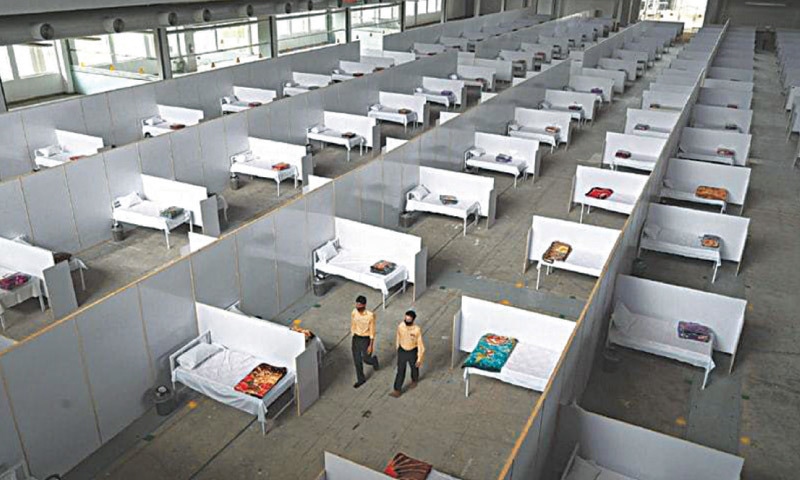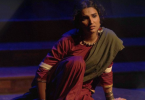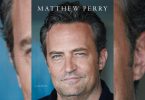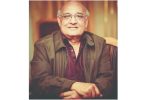Omair Alavi|Published April 25, 2021
The isolation centre at Expo Centre, Karachi
I shrieked when I saw my reflection in the mirror.
The person staring back at me wasn’t the one whom I had known all my life. It was as if Robinson Crusoe was looking back at me; a thin man, with a thick beard and wayward hair, instead of the plump, clean-shaven guy who came into the hospital, in an ambulance, 10 days earlier.
Considering that, the shriek was justified, and I requested my helper to wheel me back to my bed before I passed out.
Yes, Covid-19 is real, and no matter how cautious you are, it will get to you one way or another. I tried to be careful in my limited interactions with friends and colleagues; kept a couple of face masks with me at all times — one on my face and the other as a backup in my pocket — always carried a hand sanitiser, and refused to shake hands no matter who the other person was. But Covid-19 got me, and I ended up in a private hospital that was basically running (and minting money) because of the pandemic.
Thankfully, before being admitted to the private hospital, I had the presence of mind to contact a friend of mine, Dr. Farjad Sultan. Despite working at Civil Hospital, he was volunteering and leading a government-run facility for Covid-19 patients, at the Expo Centre in Karachi. It was being managed by the Pakistan Armed Forces, manned by volunteers and government staff. He and his fellow doctors were saving lives there round the clock.
I knew that being personally acquainted with a doctor working there would be better than being treated by strangers for whom I was just another patient. It was on Dr Sultan’s advice that my family transferred me from the private hospital to the Expo Centre facility, which was a different world altogether.
During my one-and-a-half-day stay at the private hospital, I was kept in isolation because my vitals, especially my oxygen level, were decreasing rapidly. At the Expo Centre, I was taken into a hall full of Covid-19 patients who were being treated by doctors and nurses wearing protective gear. As a Covid-19 pneumonia patient myself, with extremely low oxygen levels, and suffering from various ailments, including high blood pressure, my condition was getting worse. At the Expo Centre, I was taken to the most critical ward.
Covid-19 is real, and so are the many real-life superheroes who strive to save the day out there
There were many such wards for patients. I spent most of my time in the most critical ward and was later moved to the second-most critical ward and, lastly, to the least critical Covid-19 ward, three days before my release. Each room had a set of doctors, nurses, helpers and janitors to look after the patients, who ranged from cooperative to uncooperative, depending on their age, their condition and their ability to listen to the medical workers.
Uninterrupted oxygen was being provided to all the patients at the facility; each person was X-rayed periodically, their blood tests were conducted daily or once in two days and, above all, they were being looked after as if they were paying patients, not there because they didn’t have the money or medical insurance to finance their recovery.
There were old people who were admitted because their children didn’t want to contract the virus while looking after them; others were there because they thought that private hospitals were ‘conning them’. Some, like me, had nowhere else to go, for fear of both infecting their family and being fleeced by private healthcare.
What surprised me was the good quality of the meals patients were served thrice a day. There was a different kind of curry with two chapaatis, a hot bowl of soup occasionally and a cup of tea, if the patient desired. It was difficult to fully enjoy the food because of the many tubes connected to my hands, but it was still something to look forward to in a place where there were no relatives, family members or friends.
I had no way of keeping track of my days. Without mobile phones (you had to get permission to keep one), I was unlikely to get updates on the Pakistan Cricket team’s performance in New Zealand, what India was doing Down Under and what was happening in ARY Digital’s popular drama Dunk. Even after getting permission to keep my phone, I didn’t use it much, because it messed up the cannula on my hand, as well as the Oximeter on the other hand.
However, thanks to the cricket fanatic Dr. Fahad, I did find out about Misbahul Haq’s unceremonious exit as Chief Selector, India’s historic win at Brisbane against Australia, and the feminist’s backlash regarding Dunk.
Despite being a free facility serving people from all walks of life, a place where patients vastly outnumbered the doctors, it was heartening to see caring people around me in different uniforms. It was like being part of a universe where costumed superheroes are always there to save the day, even without capes. I felt safe and secure despite the troubles ‘out there’. These superheroes fought off their nemeses, Covid-19 and the corporate hospitals, as if they were the villainous LexCorp from Superman!
Every doctor had a pleasant bedside manner and each of them was constantly encouraging towards the patients, even those who complained. The elderly patients had issues with the food, the middle-aged ones refused to wear the oxygen masks, and there were a few who either didn’t want to go back to their homes or had made the place their home in their minds. Some patients lost their lives to Covid-19 at the facility too but that didn’t take the doctors away from their work and they kept saving lives, including mine.
There were times when the medicine administered didn’t have any side effect on the mind, but then there were also nights when I found myself either inside the Star Trek Enterprise, or in a Mission Impossible movie where the two sides were fighting over oxygen. Once, I was even transported to a beautiful garden that at first resembled Heaven, but it was, in fact, the combination of medicine and light playing tricks on my mind.
By morning, I was back in my hospital bed, ‘chained’ by cannulas and Oximeters, with an attendant by my side asking how I was feeling, as if I had never left my bed.
Despite eating the food that was brought to us three times a day, I was losing weight. It was for the first time in 10 days that I saw myself in the mirror and cried out loud when I saw my haggard reflection staring back. Had it not been for the oxygen cylinder attached to the wheelchair, I might have passed out. The magnitude of the shock outweighed my physical suffering at that moment!
It was after two weeks, when I was able to breathe naturally for 36 continuous hours, that the doctors told me the good news — that I was ready to go back home. They warned me of the many possible side effects that can occur in people who have a lengthy stay in a hospital. I had difficulty with standing on my two feet and with walking without taking a break; there was constipation, that nearly ruined my return from the hospital; and there were tons of medicines, including steroids, which were prescribed for the next month. I still have difficulty in breathing, but the rest of the fallouts are gone, because of the excellent care that I received at the makeshift hospital.
On my last day at the facility, I was nearly in tears when bidding farewell to the doctors who nursed me back to life. When the going got tough, the Pakistan Army’s non-medical related personnel stepped in. It is because of individuals like junior doctors, nurses, janitors and helpers that the world is a better place. Otherwise, it might have ended long before the arrival of Covid-19.
They are our first line of defense defeating the pandemic at a brisk pace. The least we can do to help them is to make sure that the standard operating procedures for the pandemic are followed in our surroundings.







